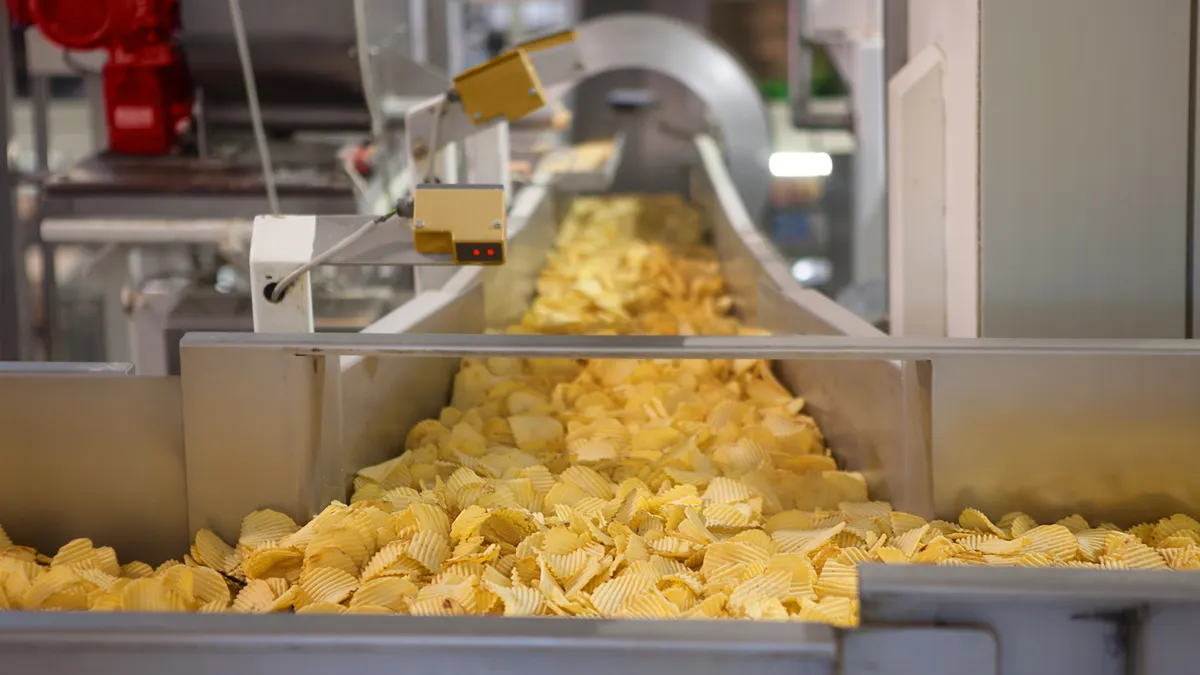2026-01-21
Manufacturing
2024-12-02
1328 Read.

Manufacturers' showed renewed confidence in the industry's trajectory in November, with companies hiring additional staff, according to S&P Global's U.S. Manufacturing Purchasing Managers' Index.
S&P Global's PMI reading rose to 49.7 last month, buoyed by a slowing in new order decline, with manufacturers pointing to improved demand conditions following Donald Trump's presidential win.
The Institute for Supply Management's PMI registered slightly lower at 48.4%, though still 1.9 percentage points higher compared to October. ISM's reading was also driven by improved demand, with new orders reaching 50.4%, the first time the index has hit growth mode since March.
A reading below 50.0% on a PMI index signals economic contraction.
S&P Global's report noted that the industry "neared stabilization" last month with input cost inflation falling to its slowest level in a year as companies plan for growth under the Trump administration.
"The gap between expected future output and actual current output is now the widest seen for a decade if the pandemic is excluded, underscoring the marked divergence between tough current conditions and the mounting expectation of better times to come," Chris Williamson, chief business economist at S&P Global Market Intelligence, said in a statement.
Food, beverage and tobacco products; computer and electronic products; and electrical equipment, appliances and components each saw growth in November.
Meanwhile, 11 industries contracted in November, in the following order:
-Printing and related support activities
-Plastics and rubber products
-Chemical products
-Paper products
-Transportation equipment
-Fabricated metal products
-Furniture and related products
-Machinery
-Nonmetallic mineral products
-Miscellaneous manufacturing
-Primary metals
Production also rose slightly last month to 46.8% as demand moderates, and employment rose 3.7 percentage points to 48.1%, according to the ISM.
"Now that the election is over and policies are becoming clearer, panelist companies have more clarity on how to make investment decisions," Timothy Fiore, chair of the ISM’s manufacturing business survey committee, said on a media call Monday.
On the supply side, lead times improved in November, with deliveries, inventories, prices and imports all pointing to future demand growth, according to the ISM.
Manufacturers are "upbeat" about a supportive incoming administration, Fiore said, even if the threat of impending tariffs is causing some uncertainty in the industry. The economist added that manufacturers are treating a possible rise in inflation, which experts say is a possible result of tariff hikes, as a future problem.
"Clearly the business community grabs onto the Republican win, and they've kind of looked at the inflation potential as something we'll deal with in the future. In the meantime, let's get on top of this thing and start the new grow-out," Fiore said.
At the industry level, ISM panelists said they expect to return to growth mode in the coming months.
“Business remains slow. We anticipate that the first half of 2025 will be similar and hope that demand increases in the second half of 2025,” wrote one transportation equipment respondent.
Trump's recent promise of 25% tariffs on goods from Canada and Mexico, the U.S.'s two biggest trading partners, is also not a cause for panic, Fiore said, especially given the previous preparations many companies have made for such moves.
"I don't see [the United States-Mexico-Canada Agreement] getting blown up. I don't see huge tariffs being put on our partners," Fiore said. "Take a chill pill and I think we'll work through it. Panelist companies are ready for this and we'll see where it goes. Hopefully, if there are tariffs that are put in place with our two big trading partners, they'll be short-lived.”